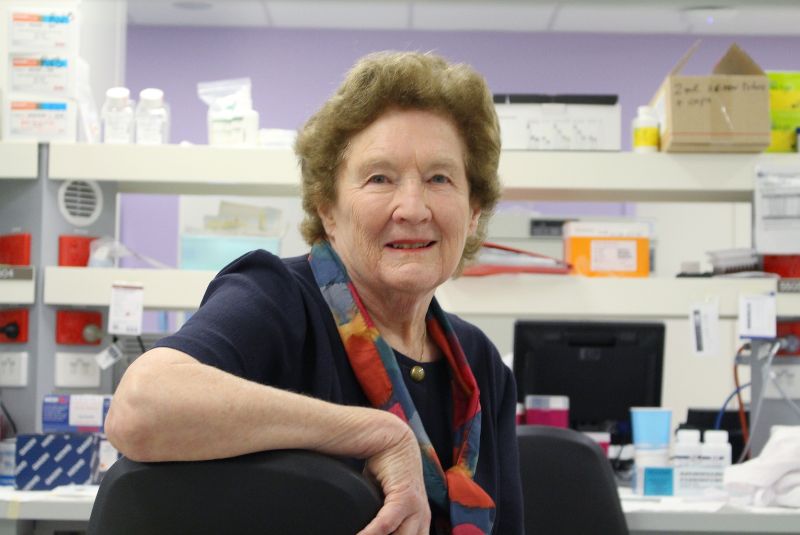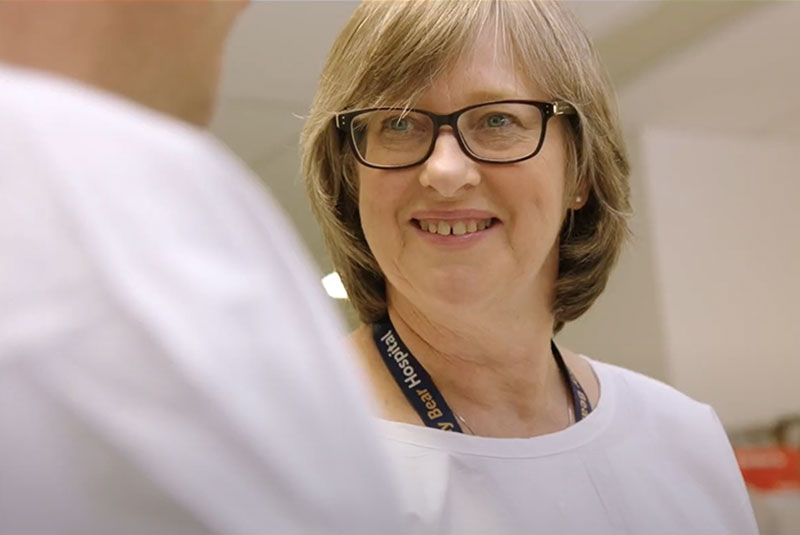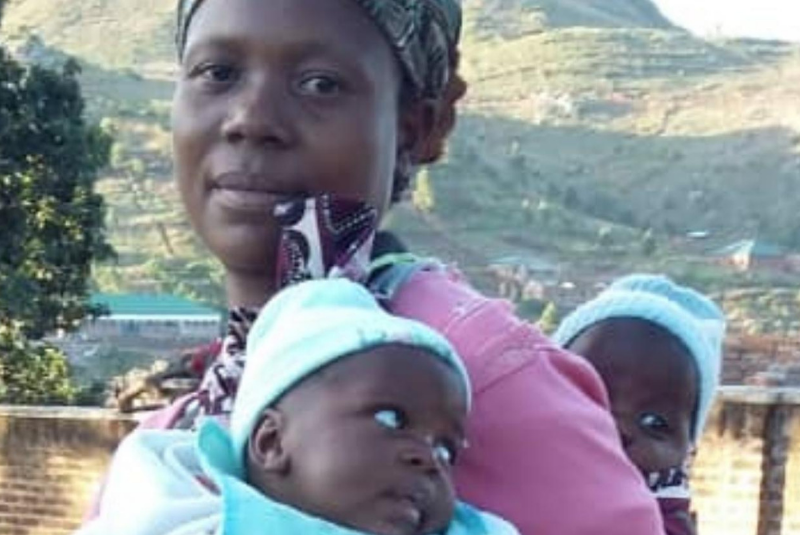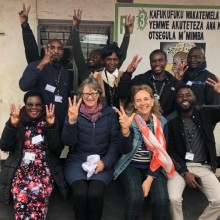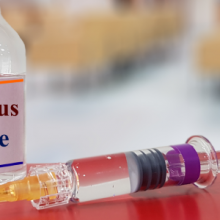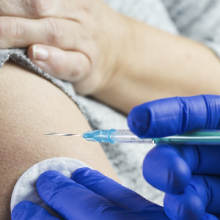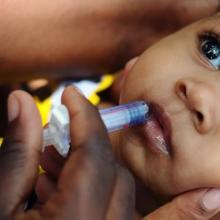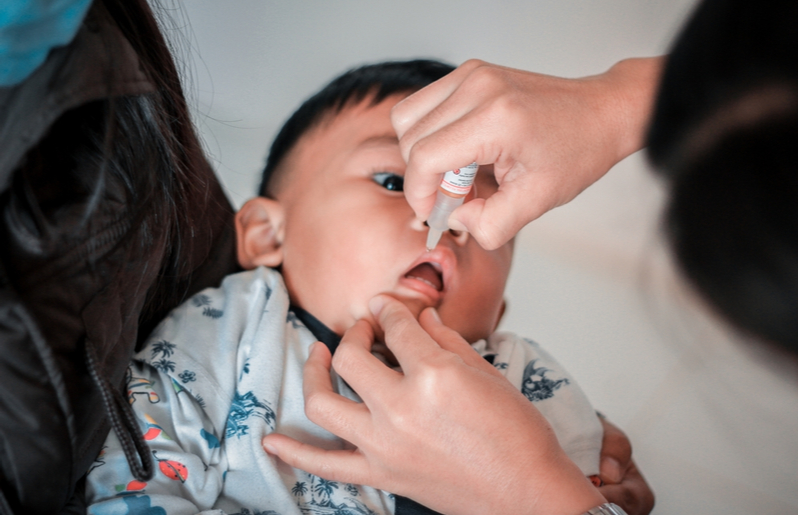
New rotavirus vaccine could save millions of babies worldwide
What's the child health challenge?
In 1973 Melbourne, Professor Ruth Bishop identified rotavirus as the cause of severe gastroenteritis.
Years later, a safe rotavirus vaccine enabled gastroenteritis wards in Australian hospitals to close, but worldwide the diarrhoeal disease still kills almost 250,000 children aged under five every year.
The oral vaccine for infants aged from six weeks is on Australia’s National Immunisation Program and is recommended by the World Health Organization for all children, but newborns in countries where families have limited healthcare access remain at risk before they are old enough to be vaccinated.
What's the child health challenge?
In 1973 Melbourne, Professor Ruth Bishop identified rotavirus as the cause of severe gastroenteritis.
Years later, a safe rotavirus vaccine enabled gastroenteritis wards in Australian hospitals to close, but...
What's the child health challenge?
In 1973 Melbourne, Professor Ruth Bishop identified rotavirus as the cause of severe gastroenteritis.
Years later, a safe rotavirus vaccine enabled gastroenteritis wards in Australian hospitals to close, but worldwide the diarrhoeal disease still kills almost 250,000 children aged under five every year.
The oral vaccine for infants aged from six weeks is on Australia’s National Immunisation Program and is recommended by the World Health Organization for all children, but newborns in countries where families have limited healthcare access remain at risk before they are old enough to be vaccinated.
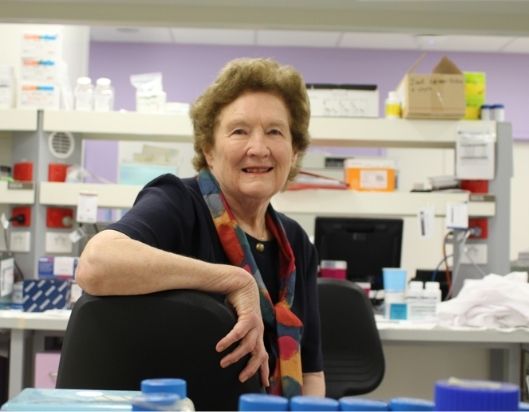 What's the discovery or innovation?
What's the discovery or innovation?
In low-resource settings, birth offers the best opportunity for contact between mother, baby, and health services, providing an ideal vaccination opportunity.
We developed a second version of the vaccine, RV3-BB, which is showing promise. A trial in Indonesia gave babies three doses, the first within five days of birth. The vaccine protected 94 percent of infants against severe rotavirus gastroenteritis in their first year of life and 75 percent for up to 18 months of age.
How is it changing children’s lives?
The rotavirus discovery was one of the most important Australian contributions to global child health and the vaccines are the culmination of over 40 years of research by the Murdoch Children's Research Institute, The Royal Children's Hospital, and the University of Melbourne.
Academic institutions rather than the pharmaceutical industry are leading research and development of the new rotavirus vaccine which we hope prevents disease from birth for the world’s children, as about 80 million infants still do not have access.
We are seeking to license the new vaccine to manufacturing partners who can produce it on a large scale to meet global demand.

